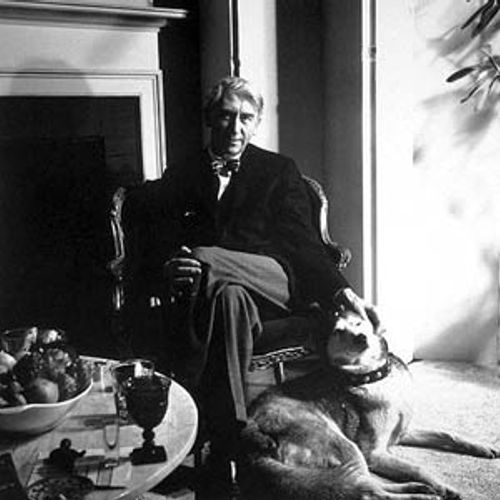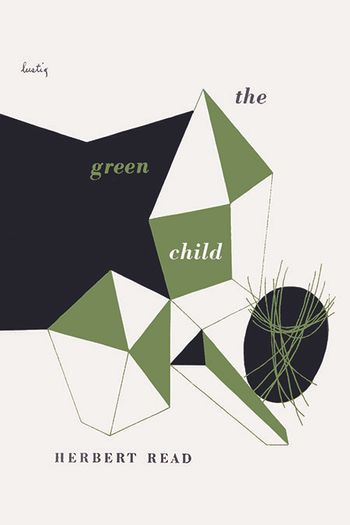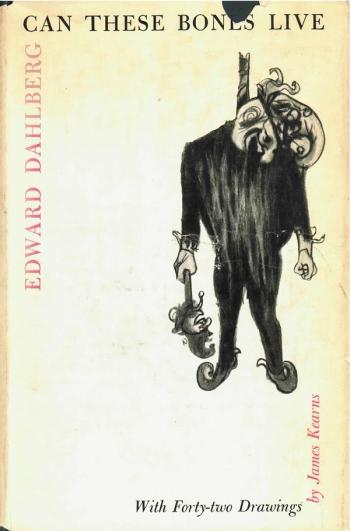With a contribution by Herbert Read
“There is no contemporary prose work from which I have got so much pleasure and profit,” Sir Herbert Read writes in his preface to this book. “The pleasure comes from the texture––a prose style which, in an age that has forsaken the art of prose, gleams with such expressive beauty… It is the crystalline vein of the English Bible, of Shakespeare and Sir Thomas Browne, running through the torpid substance of modern life… and is as relevant to our present condition as any book of wisdom… “It is a work of criticism and exposition. Shakespeare, Dostoevski, Cervantes, Thoreau, Melville, Whitman, Rilke, Randolph Bourne… these are the prophets to be expounded, related, excoriated (stripped of accretions of platitude and misunderstanding). But behind them are the original prophets, the great Hebrew prophets, and the greatest prophet of them all, the Galilean. Turning and returning to these Hebraic forebears, Dahlberg taps some source of collective energy, some fire-laden force of anger and denunciation, some heaven-lit clarity of vision.”


